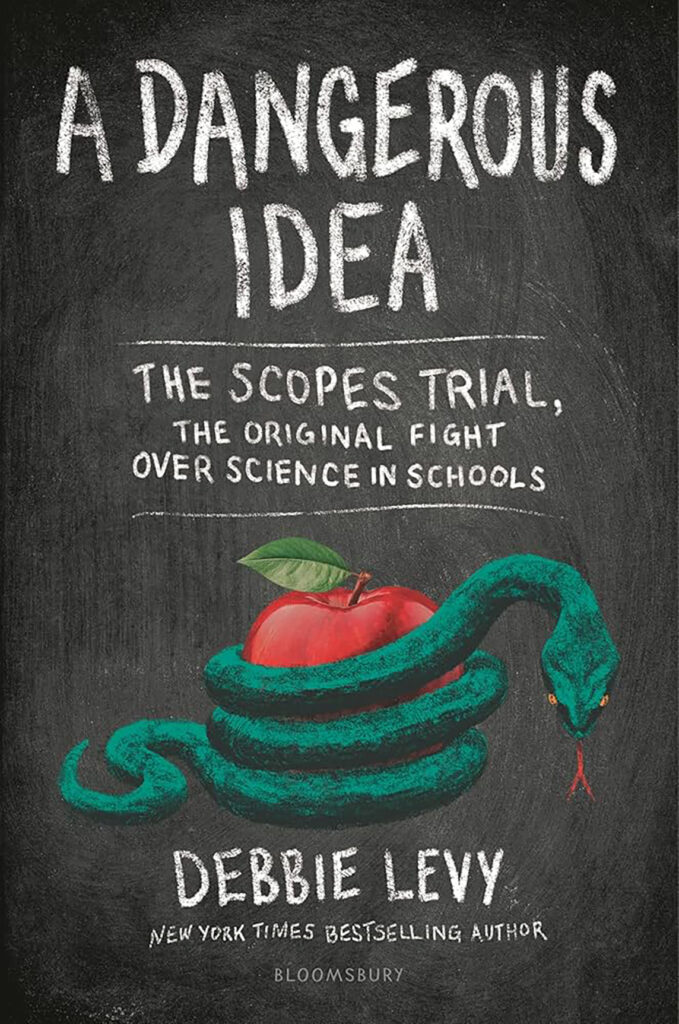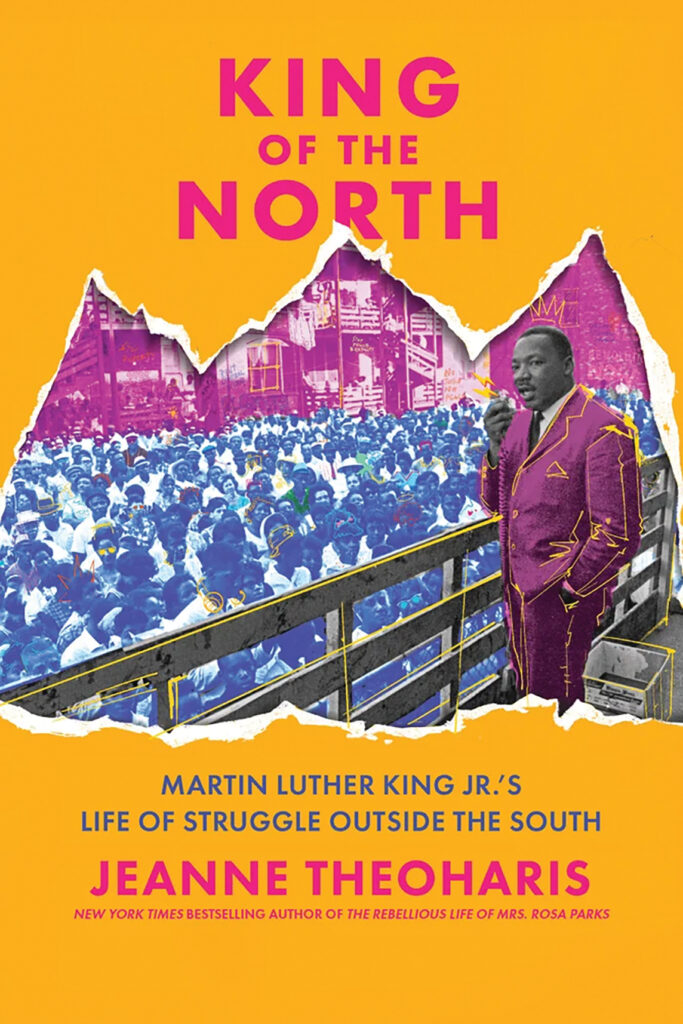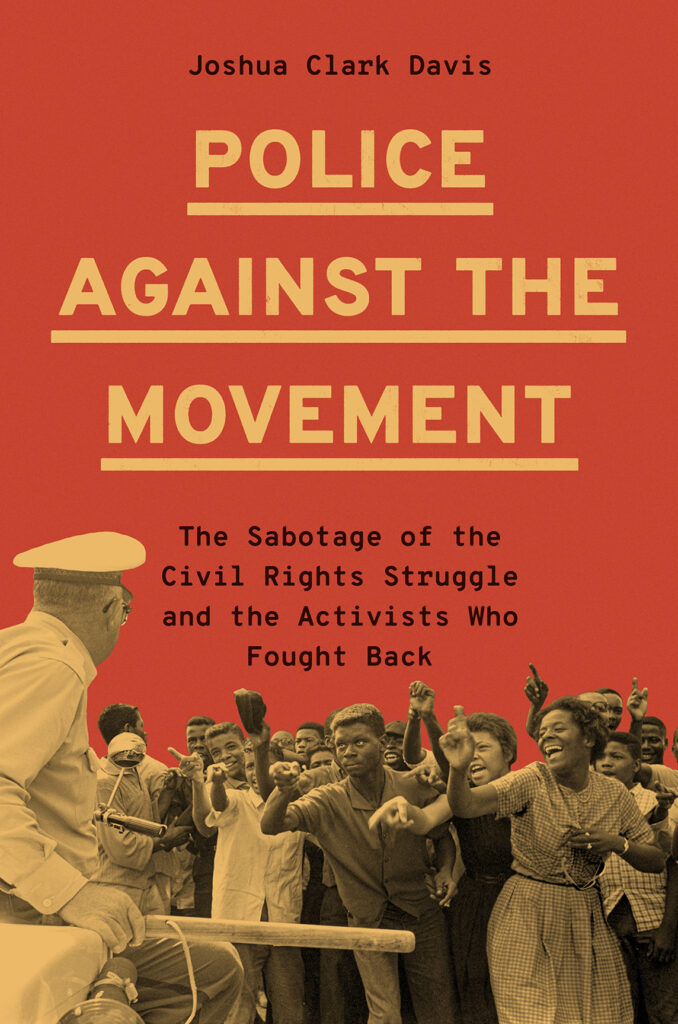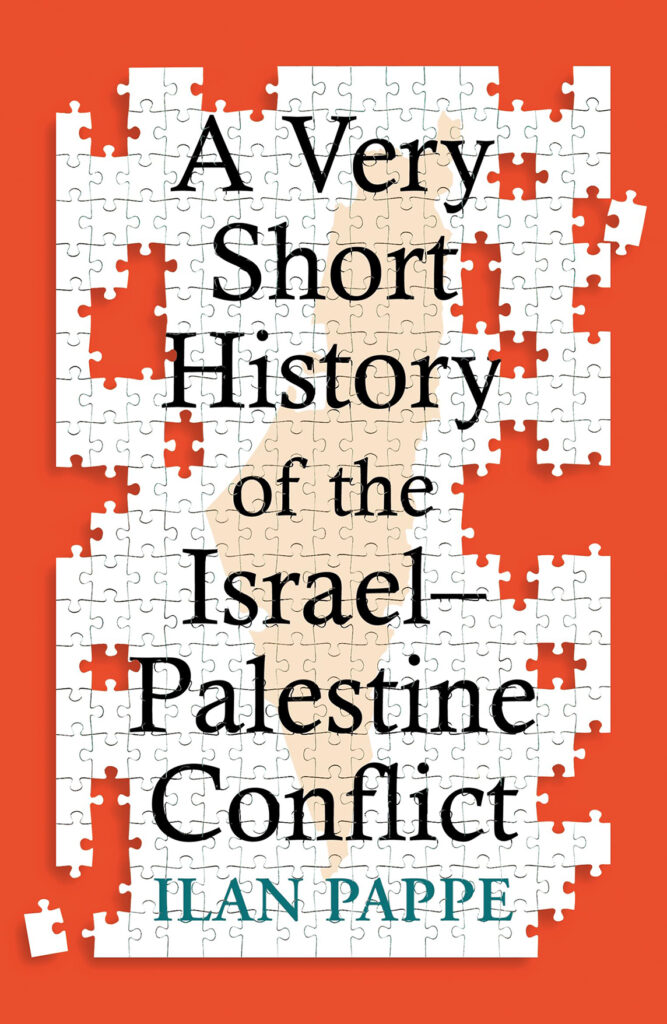Our picks for books, videos, websites, and other social justice resources 39.4






Curriculum

A Dangerous Idea: The Scopes Trial, the Original Fight Over Science in Schools
By Debbie Levy
(Bloomsbury Children’s Books, 2025)
288 pp.
As the White House deems truth telling in schools illegal, it is useful to read the story of a similar time in U.S. history, when teacher John Scopes was tried for teaching about evolution. Debbie Levy has written a gripping narrative with background on many of the key players and issues, including evolutionary biologist Charles Darwin, lawyer Clarence Darrow, politician William Jennings Bryan, the Black and white press, public schools, religion, science, and white supremacy. Court testimony and newspaper coverage are quoted, such as lawyer Dudley Malone’s speech: “There is never a duel with truth; the truth always wins, and we are not afraid of it! . . . Are we to have our children know nothing about science except what the church says they shall know? . . . We have just had a war with 20 million dead. . . . Civilization need not be proud of what grown-ups have done. . . . Let the children have their minds kept open — close no doors to their knowledge; shut no door from them.” Although written for grades 6+, the book is engaging and enlightening for all ages.

Roxanne Dunbar-Ortiz’s Indigenous Peoples’ History of the United States:
A Graphic Interpretation
Adapted by Paul Peart-Smith
Illustrated by Liz Clarke
(Beacon, 2024)
120 pp.
Roxanne Dunbar-Ortiz’s Indigenous Peoples’ History of the United States is a profound retelling of U.S. history, turning the hoary “nation of immigrants” narrative on its head. This short, but dense, illustrated saga demonstrates what our country’s history looks like when Indigenous peoples are regarded as full human beings with the right of self-determination — and when we abandon the embrace of Manifest Destiny consistently baked into conventional curricula. A typical “Oh, yeah, that’s right” passage from the book: “The invasion of Mexico has also been characterized as the FIRST U.S. ‘foreign’ war, but it was NOT. By 1846, the U.S. had INVADED, occupied, and ETHNICALLY CLEANSED dozens of foreign nations east of the Mississippi [i.e., Indigenous nations].” The book closes with a chapter “From Discovery to Sovereignty,” which is not a glib “things are getting better” conclusion, but offers hope and vision: “The Indigenous self-determination and sovereignty movement is not only TRANSFORMING Indigenous communities and nations but also, inevitably, the UNITED STATES.” (All emphases in the original.) Are you teaching U.S. history? Read this book and rethink how you approach our past — and future.
Film

Counted Out
Directed by Vicki Abeles
(Reel Link Films, 2024)
39 min.
Dedicated to SNCC veteran and Algebra Project founder Bob Moses, this documentary shatters misconceptions about the role math plays in our lives, who can learn it, and how it should be taught. Working in groups, middle school students in early March of 2020 use their knowledge of exponential figures to calculate how fast COVID could spread. These young people were more accurate than the news the public received that spring from most media and politicians. This is just one of dozens of memorable scenes from Counted Out. Another is an interview with Glenn Rodriguez, denied parole after 26 years due to a biased risk assessment algorithm, run by a for-profit company that kept the formula a trade secret. (Watch the film to find out what happens next.) Director Vicki Abeles highlights why math literacy is crucial for a functioning democracy and how far we are from that goal. She shows us classrooms where all students enthusiastically engage with meaningful math. The emphasis is on creative problem-solving skills, not just spitting out the right answer. Abeles makes the case that we need the power of math, with everyone at the table, to effectively address climate change, public health, civil rights, economic justice, participatory democracy, and more.
History / Politics

King of the North: Martin Luther King Jr.’s Life of Struggle Outside the South
By Jeanne Theoharis
(New Press, 2025)
400 pp.
King of the North fundamentally reshapes how we understand the evolution of Martin Luther King Jr.’s politics and partnerships. While most accounts frame King’s activism as a Southern story culminating in the March on Washington, Theoharis insists we follow him north — into the segregated schools, redlined housing, and brutally policed neighborhoods of Chicago, New York, Los Angeles, Boston, and beyond. Crucially, the book illuminates King’s sharp critique of liberalism — his frustration with those who claimed to support civil rights while resisting structural change. He saw how Northern officials, journalists, and self-proclaimed allies were often more committed to order than to justice, preferring improvement over equality, and sentiment over transformation. This book not only reclaims King’s fierce critiques of Northern racism, structural economic injustice, and the violence of U.S. militarism, it also spotlights the evolution of his thinking on gender and economic justice, particularly through his engagement with welfare rights activists and the unwavering influence of Coretta Scott King. Too often sidelined, Coretta emerges here not simply as a supportive spouse, but as a visionary in her own right who shaped King’s radical commitments and anti-imperialist politics. Through meticulous research and narrative clarity, Theoharis restores Dr. King’s relevance for today’s struggles and repositions Coretta Scott King as a central figure in the Black freedom movement. King of the North is essential reading for anyone seeking to understand the full scope of their legacy — and the unfinished business they left behind.

Police Against the Movement: The Sabotage of the Civil Rights Struggle and the Activists Who Fought Back
By Joshua Clark Davis
(Princeton University Press, 2025)
424 pp.
We all understand the role of police brutality in galvanizing the Black Lives Matter Movement and as central to the movement’s demands. However, with the exception of a few iconic figures like Bull Connor in Birmingham, the police are less visible in public memory of the Civil Rights Movement. Yet, as Joshua Clark Davis tells in dramatic prose, the police were just as big a player in the 1960s as they are now. In fact, Davis notes that “local police were far more experienced in spying on and sabotaging activists than we have acknowledged — so much so that COINTELPRO should be recognized for federalizing efforts that local police departments had already undertaken to disrupt the Civil Rights Movement.” And the response was not passive. Organizers in CORE and SNCC took direct action against police violence. This book offers a vital lens for any curriculum on the Civil Rights Movement.

A Very Short History of the Israel-Palestine Conflict
By Ilan Pappe
(Oneworld Publications, 2024)
146 pp.
“It’s so complicated.” That’s one refrain used to justify the omission of Palestine-Israel from the curriculum. In this slim volume, the renowned Israeli historian Ilan Pappe offers a brief readable account of the attack on Palestine and the creation of Israel. A Very Short History is the best concise story of the events that took us to Oct. 7, 2023, and the subsequent genocide in Gaza. Pappe describes Israel’s “perpetual subordination of Palestinians.” As he summarizes toward the end of the book: “Over the decades [Palestinians] have been expelled, ghettoised, and purposefully deprived of basic human rights.” Do you want to teach about Palestine? A Very Short History will help.

